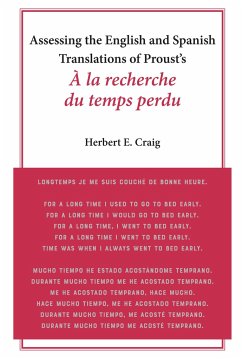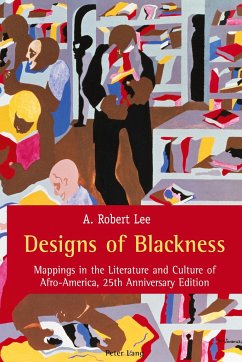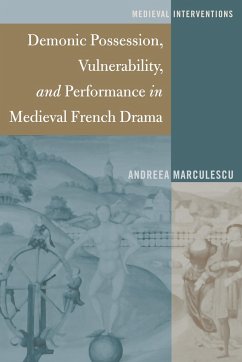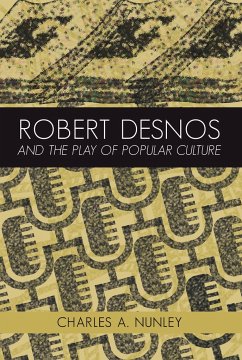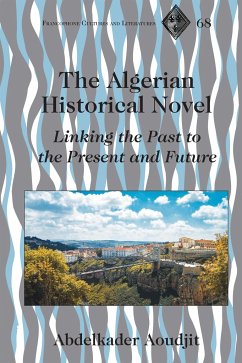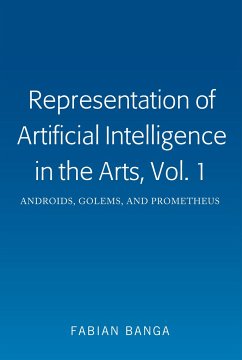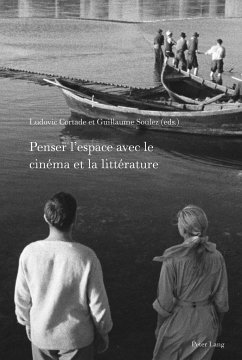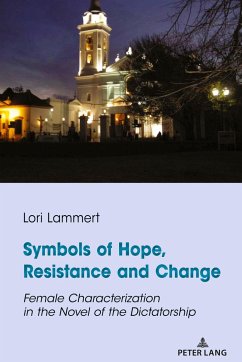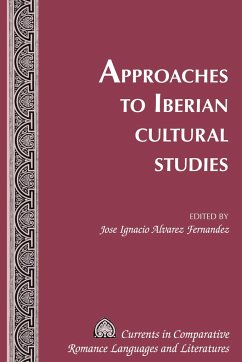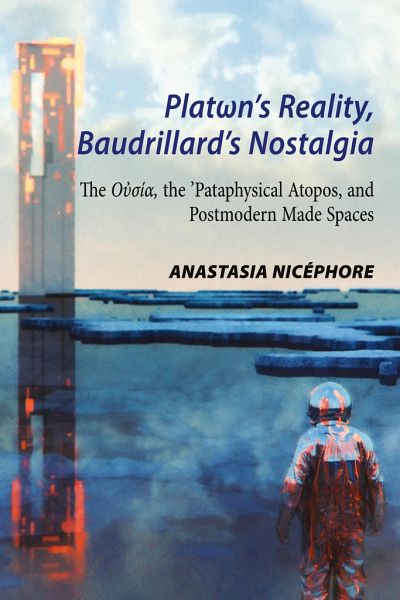
Plat¿n's Reality, Baudrillard's Nostalgia
The O¿¿¿¿, the 'Pataphysical Atopos, and Postmodern Made Spaces
Versandkostenfrei!
Versandfertig in 6-10 Tagen
100,65 €
inkl. MwSt.
Weitere Ausgaben:

PAYBACK Punkte
0 °P sammeln!
Plat n establishes the principle that literature should cut through the notion of an ideal truth rather than be used as a vehicle for subjective visions and aesthetic tropes by those claiming to be 'artists.' To engage with this centrality of human consciousness means to integrate a single source of origin: a Plat nic " s ." Contemporary hermeneutics draw upon perceptions that the origin is elliptic in postmodern and continental philosophical trains of thought. Moreover, much obscurity arises from Plat n's own insistence on over-emphasis, and what some philosophers and philologists would consi...
Plat n establishes the principle that literature should cut through the notion of an ideal truth rather than be used as a vehicle for subjective visions and aesthetic tropes by those claiming to be 'artists.' To engage with this centrality of human consciousness means to integrate a single source of origin: a Plat nic " s ." Contemporary hermeneutics draw upon perceptions that the origin is elliptic in postmodern and continental philosophical trains of thought. Moreover, much obscurity arises from Plat n's own insistence on over-emphasis, and what some philosophers and philologists would consider 'taut tautology'-which leaves vast amounts of passages in Pre-Socratic manuscripts and Plat nic dialogues open to speculation and subjectivity. Philosophical debates center on the incapability of pinpointing truth, the real, or some definitive and/or tangible self-referential core within an age of pluralism and uncertainty. For this reason, students and scholars in literary theory and postmodern philosophy can gain much from clarifying these ubiquitous areas.Through comparative constructs, the nature of the novel, its evolution over time and inclusion of postmodernist technologies, cyber-capitalism, and accompanying symbols, bring us to question the real and human exigency. Could it be that "unlimited experimentation," a kind of 'pataphysical atopos within and upon a text warrants an aesthetic surface that construes a morally heinous environment? Jean Baudrillard probes this concept by vivifying that a lack of substance-an "exponential instability"-is invariably transmuting into an altogether absent entity. Within this displacement, this book juxtaposes Plat nic exegesis of the real-the " s "-and Baudrillardian aporia into current modes of reality for a body politic in acceleration.





